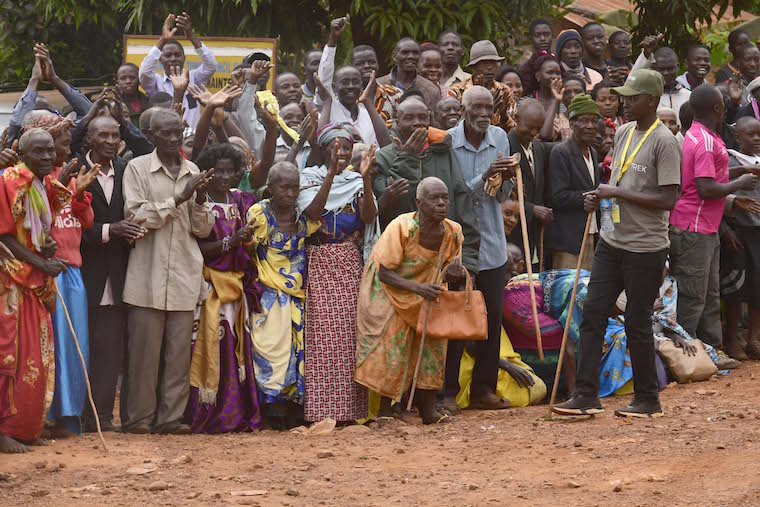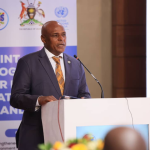Older persons in Uganda have raised concerns about the accuracy of the recently concluded 2024 Housing and Population Census.
Speaking to journalists on Wednesday at Piato Restaurant in Kampala, Arthur Namara, chairman of the HelpAge Advocacy Network Uganda (HANU), acknowledged improvements in demographic data collection but highlighted significant errors in the reported figures.
Namara expressed dissatisfaction with the census findings, particularly regarding data on older persons. “While we appreciate that the final report was produced in record four months, there are substantial anomalies in the data concerning older persons,” he said.
Namara noted that of the 298,000 older persons benefiting from the Social Assistance Grants for Empowerment (SAGE) payroll, only 28% around 80,000 were counted in the census, leaving a staggering 220,000 unaccounted for. He also noted that a house-to-house registration effort had recorded an additional 43,000 older persons above 80 years without identification cards, bringing the total to 350,000. Despite this, only 80,000 individuals in this age group were reflected in the census data.
“Under the findings section of the census, out of the 298,000 older persons benefiting from SAGE payroll, only 28% were counted (about 80,000), leaving 220,000 older persons above 80 years not counted. In addition to the above exclusion, there was a house-to-house registration done among older persons above 80 years without IDs, and these added up to 43,000 older persons. This means we have 307, 000 plus 43,000 totaling to 350,000 older persons above 80 years, but only about 80,000 were counted.”
Charles Isabirye, the chairman of the National Council for Older Persons (NCOP) said the UBOS figures don’t add up with the data they already have, especially in regards those who receive cash for elderly.
“We are refuting these figures since they are not backed up by any evidence. There must be a problem somewhere. These numbers are just presumed,” Isabirye said.
Isabirye further warned that if the government relies on the flawed data from UBOS, many elderly persons risk being excluded from essential services and programs.
He noted that any correction of these figures might take another decade, delaying much-needed support for the elderly.
“If these figures are to go by, it means the older persons will miss out on several programs since statistics show there has been a reduction in the number of elderly. In this case, it will take another 10 years for these figures to be corrected,” Isabirye said.
The representatives of older persons are urging UBOS to rectify the errors and have announced plans to petition Parliament to address the matter.








